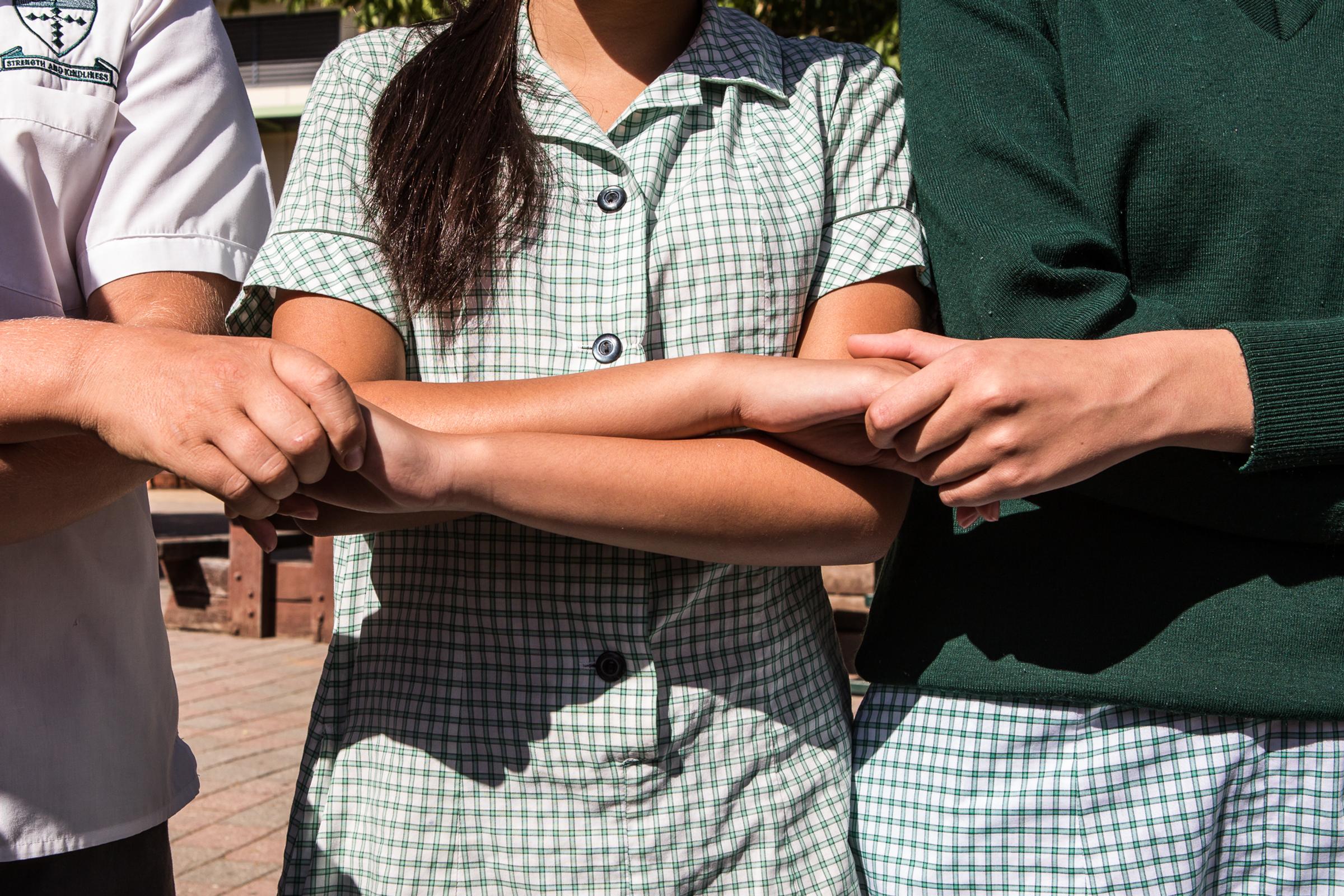Pastoral Care and Wellbeing

Respectful language
"The way we communicate with others and with ourselves ultimately determines the quality of our lives." — Tony Robbins
Words are tools with multiple meanings and it is their use that gives them power. Words can connect us or they can tear us apart. Respectful language is crucial in building positive relationships and creating a friendly environment, whether at school, home, or online. It’s about treating others the way you would like to be treated.
When talking to teachers, parents, friends, or anyone else, remember that your tone and words matter. Simple phrases like “please,” “thank you,” and “excuse me” can go a long way. The use of respectful language encourages people to take responsibility for what they say and think.
It’s also important to be mindful of how your words might affect others. Avoid making fun of someone or using insults, even as a joke, because it can hurt more than you think.
Not all language is spoken. Much is non-verbal and listening is just as much a part of language, an invitation for sharing. This means listening when someone is speaking, not interrupting, and avoiding rude or hurtful words. Even if you’re upset or disagree with someone, using respectful language shows maturity and self-control.
Online, be just as respectful as you would be face-to-face. Comments, texts, posts and videos should never be used to bully or put someone down. If you see disrespect happening, stand up against it or report it. Respectful language is about kindness, empathy, and understanding, and using it helps make the world a better place for everyone.
School TV has a special report on respectful language which we encourage families and students to read.
Our school policy on bullying prevention and intervention is also available at our website.
Suzanne Pola
College Leader - Student Wellbeing
